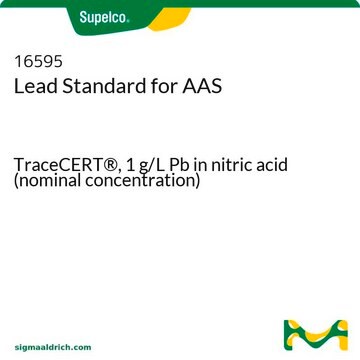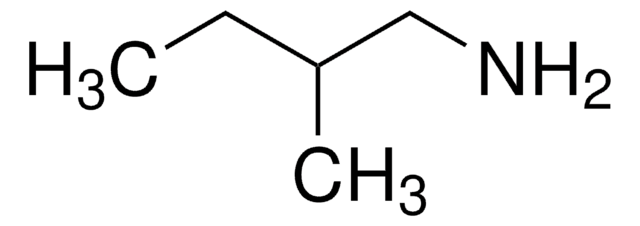All Photos(2)
About This Item
Linear Formula:
C10H7OCONHCH3
CAS Number:
Molecular Weight:
201.22
Beilstein:
1875862
EC Number:
MDL number:
UNSPSC Code:
12352100
PubChem Substance ID:
NACRES:
NA.22
Recommended Products
Quality Level
Assay
97%
form
solid
mp
142-146 °C (lit.)
functional group
amine
SMILES string
CNC(=O)Oc1cccc2ccccc12
InChI
1S/C12H11NO2/c1-13-12(14)15-11-8-4-6-9-5-2-3-7-10(9)11/h2-8H,1H3,(H,13,14)
InChI key
CVXBEEMKQHEXEN-UHFFFAOYSA-N
Gene Information
rat ... Faah(29347)
Looking for similar products? Visit Product Comparison Guide
Related Categories
Signal Word
Warning
Hazard Statements
Precautionary Statements
Hazard Classifications
Acute Tox. 4 Inhalation - Acute Tox. 4 Oral - Aquatic Acute 1 - Carc. 2
Storage Class Code
11 - Combustible Solids
WGK
WGK 3
Flash Point(F)
Not applicable
Flash Point(C)
Not applicable
Personal Protective Equipment
dust mask type N95 (US), Eyeshields, Gloves
Choose from one of the most recent versions:
Already Own This Product?
Find documentation for the products that you have recently purchased in the Document Library.
Michele M Schantz et al.
Analytical and bioanalytical chemistry, 407(11), 2945-2954 (2015-02-06)
Two new Standard Reference Materials (SRMs), SRM 3672 Organic Contaminants in Smokers' Urine (Frozen) and SRM 3673 Organic Contaminants in Non-Smokers' Urine (Frozen), have been developed in support of studies for assessment of human exposure to select organic environmental contaminants.
Amrith S Gunasekara et al.
Reviews of environmental contamination and toxicology, 196, 95-121 (2008-11-26)
Carbaryl is an agricultural and garden insecticide that controls a broad spectrum of insects. Although moderately water soluble, it neither vaporizes nor volatilizes readily. However, upon spray application the insecticide is susceptible to drift. It is unstable under alkaline conditions
Carbaryl. A toxicological review and risk analysis.
M F Cranmer
Neurotoxicology, 7(1), 247-328 (1986-01-01)
Jordan L Burke et al.
Pest management science, 68(7), 1048-1052 (2012-02-24)
Tests were conducted on two insecticides (carbaryl and bifenthrin) for excluding subcortical beetles (Coleoptera: Curculionidae and Cerambycidae) from loblolly pine trees (Pinus taeda L.). Two trap designs (single- and double-pane windows) and two trapping heights (1.5 and 4 m) were
R Durand et al.
Clinical microbiology and infection : the official publication of the European Society of Clinical Microbiology and Infectious Diseases, 18(4), 338-344 (2012-03-21)
Insecticide treatment resistance is considered to be a major factor in the increasing number of infestations by head lice. The large insecticide selection pressure induced by conventional topical pediculicides has led to the emergence and spread of resistance in many
Our team of scientists has experience in all areas of research including Life Science, Material Science, Chemical Synthesis, Chromatography, Analytical and many others.
Contact Technical Service











